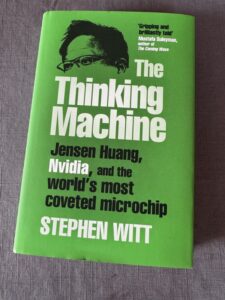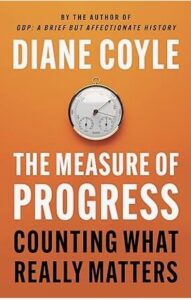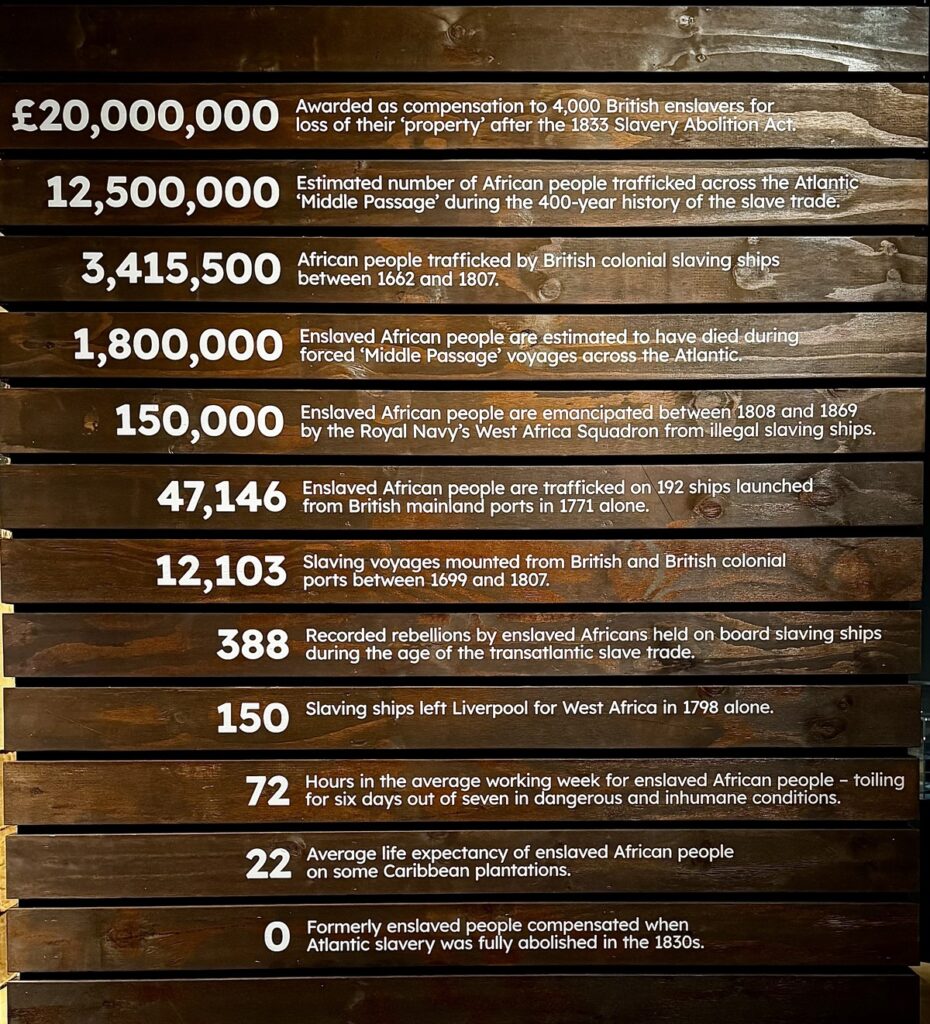The physicist in lyrical mode

Bernardo Huberman, speaking at a conference in Cambridge in 2012.
Quote of the Day
”In this world of sin and sorrow there is always something to be thankful for; as for me, I rejoice that I am not a Republican.”
* H.L. Mencken
Musical alternative to the morning’s radio news
Dick Gaughan | Wild Mountain Thyme | Transatlantic Sessions | TG4
Long Read of the Day
Donald Trump is seeking to erase the United States as we know it
After Trump had been first elected in 2016 I asked American friends whether they were alarmed about it. Most of them were phlegmatic, citing examples of earlier duff presidents. Some talked about historic pendulum swings. And one asked if I was forgetting that the US was “a republic of laws”.
This led me to dig out the famous story about Ben Franklin leaving the Constitutional Convention in 1787 and being asked by a woman “Well Doctor, what have we got, a republic or a monarchy?” “A republic,” Franklin replied sharply, “if you can keep it.”
Which is what ran through my mind when I came across this essay in the Guardian by Laurence Tribe, the distinguished scholar of American constitutional law.
The seeds of our ongoing disintegration long precede Trump’s rise to power. They were planted decades ago by strategic politicians who dressed rightwing ideologies in conservative garments, permitting the darkest angels of our nature to take hold and to reach a climax in fake claims of a stolen election that led to an insurrection in our country’s capital, followed first by the Senate’s abdication of its duty in Trump’s second impeachment trial (on the bogus ground that the trial had begun too late to give the Senate jurisdiction) and next by the US supreme court’s gifting of Trump – and every future president – with a nearly absolute immunity transforming the office from one restrained by law to a source of virtually limitless power.
Rarely noted is how this frightening power to ignore federal criminal law has been conferred not only on the president but on his legions of loyal lieutenants, from public officials to private militias. Because the constitution itself gives presidents an unbridled power to pardon others – a power Trump reveled in employing to free from prison the violent insurrectionists that he had himself helped unleash – we now live under a system in which any president can license his trusted followers to commit crimes to consolidate his power and wealth, making clear that a pardon awaits them should they face federal prosecution. The upshot is that privateers in league with the president can safely ignore federal laws criminalizing corrupt evasion of rules designed to protect public health and safety while they casually usurp powers the constitution gave to Congress, moving so fast and breaking so much that not even genuinely independent federal courts can keep pace with the mayhem…
Worth a read. When the extent of Trump’s ambitions started to become this year, I began to wonder if we were looking at a revolution or a coup. The answer, I suspect, is some strange mixture of the two. Smart lad, that Ben Franklin.
Books, etc.

This arrived yesterday. Looks interesting. I’m reviewing it for the Observer later in the month.
My commonplace booklet
”People complained for years that OpenAI isn’t open, and Altman has spent almost as long loudly declaring that open source LLMs are massively dangerous and a threat to whatever the listener thinks is most important. Altman, meanwhile, spends a lot of his time manoeuvring and positioning so, as Metternich said when Talleyrand died, “What did he mean by that?”
- Benedict Evans
Reminds me of a story about the day Elvis Presley died and a Hollywood PR guy was asked for his reaction to the news. “Good career move” was his immortal reply.
This Blog is also available as an email three days a week. If you think that might suit you better, why not subscribe? One email on Mondays, Wednesdays and Fridays delivered to your inbox at 5am UK time. It’s free, and you can always unsubscribe if you conclude your inbox is full enough already!

















